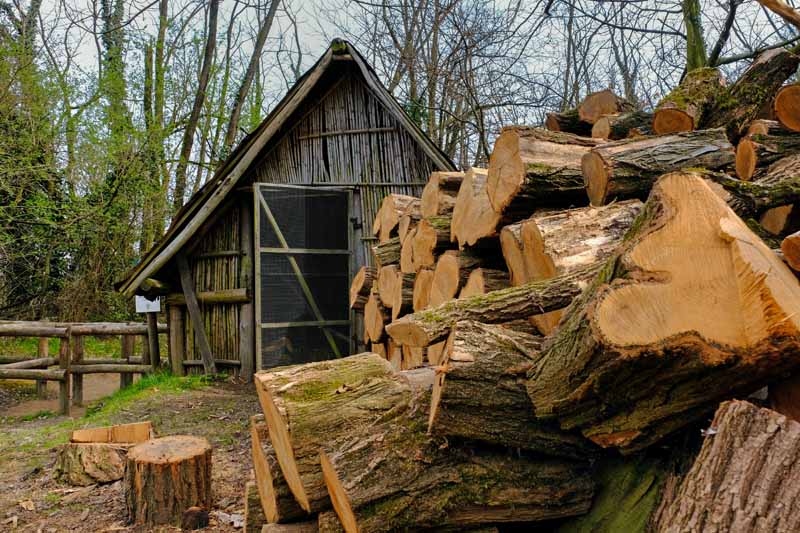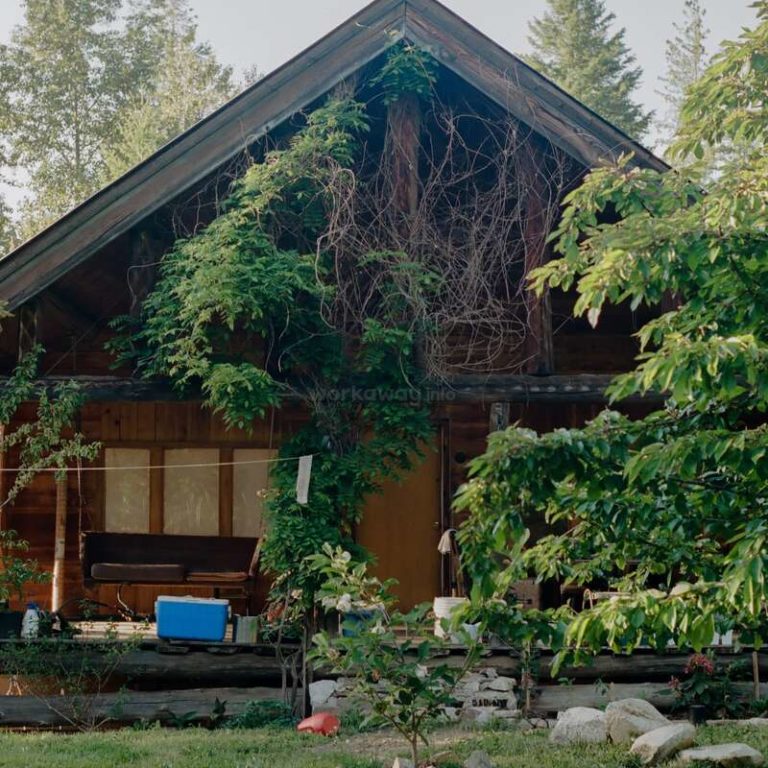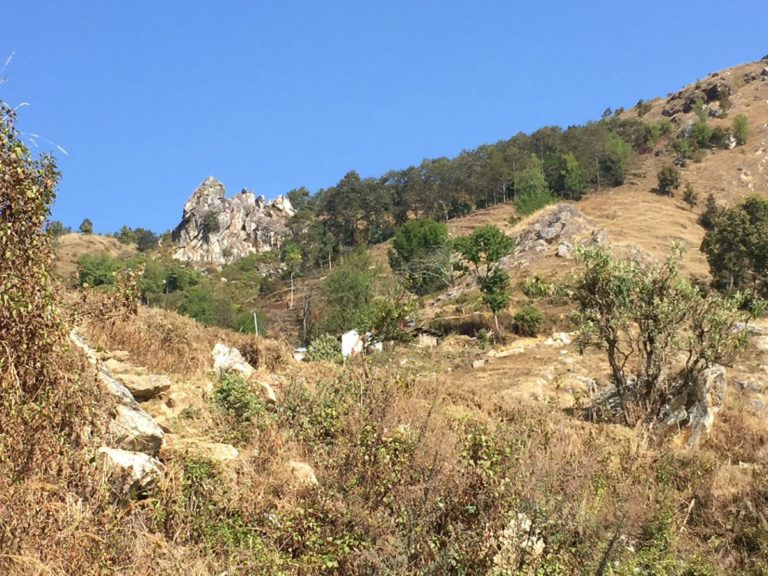Living off the grid can be a challenging yet rewarding experience.
As you transition from a traditional on-grid lifestyle to one that is self-sufficient and independent, it’s important to embrace change as an opportunity for growth and improvement.
By acknowledging and adapting to the ever-changing nature of off-grid living, you can not only survive but truly thrive in this unique lifestyle.
From embracing new technologies to adopting sustainable practices, we’ll explore the key aspects of embracing change and how it can help you succeed in off-grid living.
Be open-minded
Being open to new ideas and ways of living is essential for thriving in off-grid living. Embrace the challenge of learning new skills and trying new things.
Off-grid living often requires individuals to step out of their comfort zones and embrace new and unfamiliar ways of living.
This might involve learning new skills such as how to grow your own food, generate your own electricity, or collect your own water.
It may also require trying new things like composting toilets, rainwater harvesting systems, or alternative building materials.
Without an open mind, it can be difficult to successfully adopt these new practices and technologies, leading to a lack of success in off-grid living.
By embracing the challenge of learning new skills and trying new things, you’ll be well on your way to not only surviving but thriving in your off-grid lifestyle.
You’ll be able to adapt to new situations and challenges as they arise, and you’ll be more likely to discover creative solutions to any obstacles you may encounter.
So, be open to new ideas and ways of living, and you’ll find that off-grid living is a rewarding and fulfilling experience that allows you to live a more sustainable and independent life.
Embrace the unknown
Life off the grid can be unpredictable, and things don’t always go as planned. Learn to roll with the punches and embrace the unknown.
Living off the grid can be an exhilarating and fulfilling experience, but it also comes with its fair share of unpredictability.
From power outages to unexpected rainstorms, life on the grid can be full of surprises.
However, with the right mindset and a willingness to adapt, you can not only survive but thrive in this environment.
Instead of fighting against the unpredictability, learn to roll with the punches and embrace the unknown.
This means being flexible with your schedule, embracing spontaneity, and finding creative solutions to unexpected challenges.
By doing so, you can learn to see the beauty in the unpredictability and find joy in the unknown.
With time and practice, you’ll learn to embrace life off the grid with open arms, and discover the beauty and freedom that comes with living life on your own terms.
Be flexible
Being flexible and adaptable is important for off-grid living. As the seasons change and resources fluctuate, be willing to adjust your plans and routines.
Off-grid living requires a high degree of flexibility and adaptability, as the seasons and resources can be unpredictable and ever-changing.
One day, you may have an abundance of fresh vegetables and herbs to harvest, while the next, a sudden frost or drought may limit your options.
By being flexible and willing to adjust your plans and routines, you can better navigate these fluctuations and continue to thrive in your off-grid lifestyle.
For example, you may need to shift your focus from growing vegetables to foraging for wild edibles or preserving the bounty of the season through canning, dehydrating, or pickling.
By embracing this adaptability, you can ensure that your off-grid lifestyle remains sustainable and fulfilling, even in the face of unpredictable changes in the environment.
By embracing this adaptability, you can thrive in your off-grid lifestyle, even in the face of unpredictable changes in the environment.
Take initiative
Off-grid living requires a certain level of self-sufficiency and problem-solving skills. Take the initiative to solve problems and make things happen.
Off-grid living demands a high degree of self-sufficiency and the ability to problem-solve in order to thrive in a challenging environment.
Being self-sufficient requires the ability to produce your own food, generate your own power, and collect your own water, among other essential tasks.
To succeed in off-grid living, you must be proactive and take the initiative to solve problems as they arise.
Whether it’s repairing a broken well pump or improving insulation to conserve energy, taking the initiative to address problems head-on is essential to thriving in an off-grid environment.
Being able to make things happen through creative problem-solving and resourcefulness is essential for overcoming the unique challenges of off-grid living.
By embracing a can-do attitude and being proactive in solving problems, you’ll be well-equipped to tackle the challenges of off-grid living and live a fulfilling and sustainable life.
Be resourceful
Living off the grid often requires finding creative solutions to everyday challenges. Develop your resourcefulness by using the resources you have available to you.
One of the key requirements for living off the grid is developing your resourcefulness by using the resources you have available to you.
This means being mindful of the resources you have on hand and finding ways to use them in innovative and efficient ways.
For example, you can use rainwater collection systems to harvest and store rainwater for irrigation and other non-potable uses, or you can use solar power to generate electricity and heat your home.
You can use composting toilets and greywater systems to minimize your water usage and create a more sustainable living environment.
By using the resources you have available to you, you can live off the grid in a way that is not only sustainable but also self-sufficient.
Collaborate with others
Collaboration and community are key to thriving in off-grid living. Work with others to share resources, knowledge, and support.
By working together with your neighbors, you can share resources, knowledge, and support to create a more sustainable and resilient lifestyle.
For example, you can share tools, equipment, and expertise to save money and reduce waste.
You can also work together to build community gardens, implement renewable energy systems, and develop efficient water management systems.
You can support each other during challenging times, such as natural disasters or economic downturns, by sharing resources, skills, and labor.
By fostering a spirit of collaboration and community, you can create a more self-sufficient and fulfilling way of life that benefits everyone involved.
Embrace simplicity
Living off the grid often means living with less and embracing a simpler way of life. Find joy in the simple things and appreciate the beauty of nature.
This lifestyle is not just about giving up luxuries, but also about cultivating a deeper appreciation for the beauty of nature and the simple pleasures in life.
By living with less, one can focus on the things that truly matter, such as spending time with loved ones, exploring the outdoors, and engaging in creative pursuits.
The simple things in life, like watching the sunset, listening to birdsong, or savoring a home-cooked meal, become more precious and meaningful when lived with intention and purpose.
Embracing a simpler way of life allows one to live more sustainably, align with their values, and find true happiness in the beauty of nature and the everyday moments.
Embrace change as a constant
Off-grid living is a constantly evolving lifestyle. Embrace change as a constant and find ways to adapt and grow with it.
Living off the grid is a lifestyle that is constantly evolving, requiring individuals to embrace change as a constant and find ways to adapt and grow with it.
As technology advances and societal needs shift, the opportunities and challenges of off-grid living will continue to evolve as well.
To thrive in this lifestyle, it is essential to cultivate a mindset of flexibility and openness to new ideas and approaches.
This may involve incorporating new technologies, such as solar power or rainwater harvesting, into your daily life or exploring new methods for producing your own food and energy.
Embracing change also means being open to learning new skills and taking on new challenges, such as mastering sustainable gardening practices or developing your own DIY projects.
By staying adaptable and open-minded, you can ensure that your off-grid lifestyle remains vibrant and fulfilling for years to come.
Want More? Dive Deeper Here!
Hey there! If you’re the type who loves going down the rabbit hole of information (like we do), you’re in the right spot. We’ve pulled together some cool reads and resources that dive a bit deeper into the stuff we chat about on our site. Whether you’re just killing time or super into the topic, these picks might just be what you’re looking for. Happy reading!






